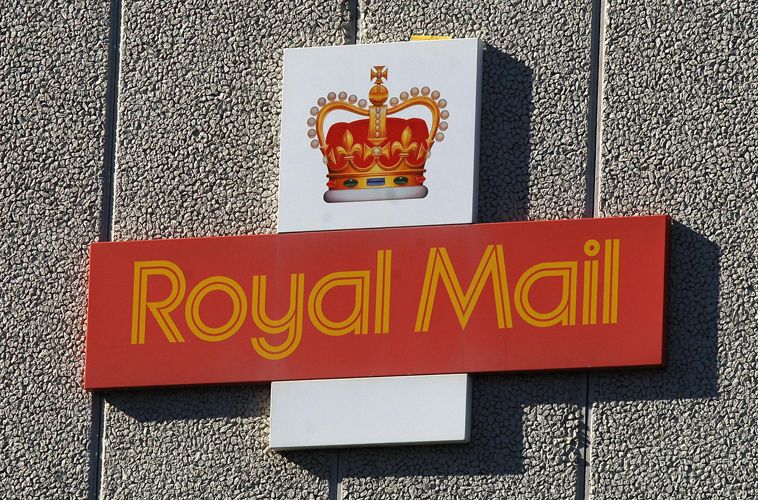Investing
Can Royal Mail shares deliver for investors?

The government is taking Royal Mail private, but would you be rewarded for taking a stake in the business?
This article was first published on 13 September 2013.
Fidelity Worldwide Investors said looking at the past performance of other big groups that have been privatised, Royal Mail looks to be worth a buy.
Michael Clark, manager of the MoneyBuilder Dividend fund, said BT and British Airways are examples of stocks which delivered for investors once the groups went private, because of their dividend payouts.
Investors in BT and other privatisation shares have received the vast bulk of their return in the form of reinvested dividends, he said. This worked out
When BT was first listed on the Stock Exchange in 1984, a stake of £1,000 in newly-issued shares would be worth £3,800 in today’s value. For those who reinvested their dividends in BT shares, they would have received a total return of £15,495 including their initial stake, according to Clark.
A £1,000 stake in National Grid, which was first listed in 1995, would be worth £3,940 in today’s value and £9,321 if the dividends were reinvested.
Other firms which have performed well since they were privatised include Severn Trent, BG, British Airways, SSE and United Utilities.
“Reinvesting in the dividend from these types of shares has proved to be a great decision over the long term. Investing in large companies that hand back regular cash to investors can be an extremely effective investment strategy,” said Clark.
Operating profit for Royal Mail to the end of March 2013 was £403m, up from £152m the previous year, while its parcels and letters unit saw operating profit increase from £33m to £294m. Revenue from parcels increased by 13% and now accounts for 48% of all revenue across the group.
Richard Hunter, head of equities at Hargreaves Lansdown, said the company has become much stronger over the last five years, but wondered if it can maintain its revenue stream in an environment of electronic communication.
“We would need to look at the growth prospects, but it should be around 6% dividend yield. This could attract income-seeking investors, especially in an interest-seeking environment,” he said.
“There is little question that they have turned the company around from five years ago. The downside is the demise of the postcards and birthday cards in the younger generation who are using electronic communication.
“The very fact that Royal Mail is going to continue to provide a universal postage service is also a cost that other competitors do not have. On the upside, the parcel service is the primary source of income and has a European presence.”
Some 10% of Royal Mail shares have been set aside for around 150,000 Royal Mail employees and employees will be given priority. The remainder of the shares will be available to institutional and retail investors for a minimum application of £750.
| Company | Listing date | Simple return since listing (%) | Total return since listing (dividends reinvested) (%) |
| BT | 30/11/84 | 280.1 | 1449.5 |
| BG | 5/12/86 | 1822.8 | 4878.7 |
| British Airways | 10/02/87 | 135.8 | 397.7 |
| United Utilities | 11/12/89 | 237 | 1600.7 |
| Severn Trent | 11/12/89 | 578.1 | 2730.5 |
| SSE (formerly Scottish & Southern Energy) | 17/06/91 | 551.7 | 1927 |
| National Grid | 08/12/95 | 293.9 | 832.1 |
Source: Datastream, all data as at 11.09.13, in sterling terms.